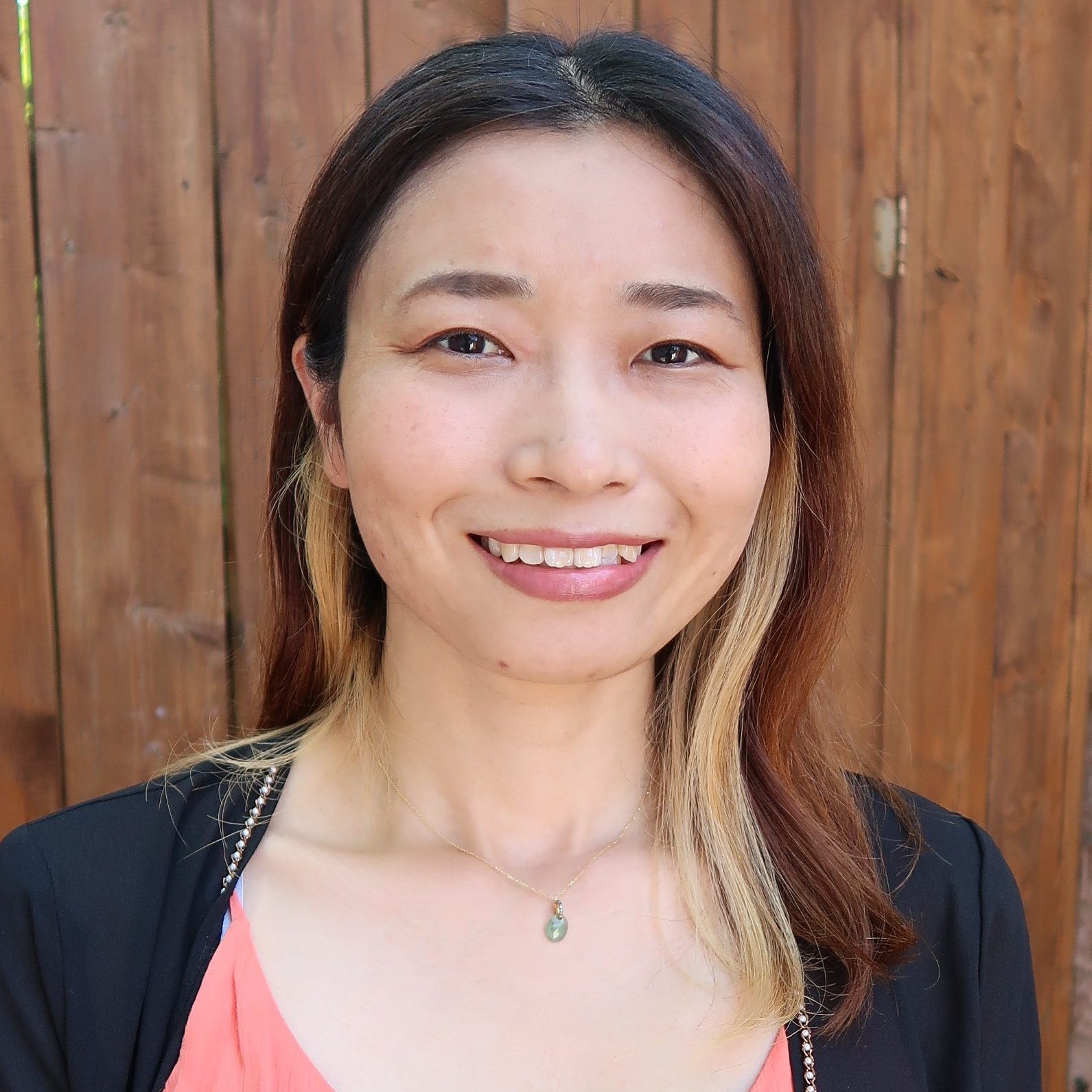Resisting the Birth of Buddhist Identity:
Gender, Colonial Secularism and Practices of Connection in Burma
Project Members:

Alicia Turner
Principal Investigator, Associate Professor Religious Studies and Humanities

Hitomi Fujimura
Japan Society for the Promotion of Science,
YCAR Postdoctoral Fellow

Htet Min Lwin
PhD student,
Humanities
Recent violence against Muslims and the Rohingya genocide in Myanmar have brought the issue of of Buddhist identity to foreground. While much of the academic analysis of the situation has focused on Buddhist nationalism as irrational and excessive religion, the origins of the regime of religious identity and religious difference at work lies is the project of colonial secularism.
This project sets out to study of religious difference and religious indifference: those instances, interactions and institutions in which people in Burma were fundamentally unmoved and unmotivated by a formal difference in religious identity: Buddhist, Muslim, Hindu, Chinese religious or Christian. This attitude and approach, I would contend, has long been the default in the cosmopolitan port cities and cultural crossroads of Southeast Asia. This project seeks to understand those people and practices that chose to ignore the primacy of religion for modern identity—and remained indifferent toward the secular regime of religious difference. It will probe the ways in which local practices resisted or ignored the call for increasing polarization of religious identity during the 19th and 20th centuries, when the structure of colonial secularism, and the later religious nationalisms that it informed, increasing called for exclusivist religious identity. This project thus asks the question if the secularism of colonial and post-colonial states requires and enforces religious difference, what of those actors who reject or ignore this imperative? What can the lives and histories of those who are indifferent toward religious difference tell us about religious practice and human interaction?
This project will focus on the gendered nature of both colonial secularism and the resistance to regimes of religious difference by paying particular attention to the role of women in managing inter-religious families, community networks and connections. In this it will contribute to the theoretical literature on critical studies of secularism and gender was well as Buddhist Studies and Southeast Asian history.
Note: Due to the Pandemic and the military coup in Myanmar, the fieldwork and in country archival work planned for this project is not possible. Instead, we are proceeding with a variety of archival and contemporary writing projects on religious identity, difference and conflict that are possible under current circumstances.
Burma Past and Present: Religion, Ethnicity and Power
An event series of readings and discussions of works in progress that focuses on issues of identity, conflict and religion in Burma from the nineteenth century to the present.
For more information: https://yorku.ca/research/ycar/burma-past-and-present/
Publications:
Alicia Turner, “Symbols in the Streets: Community Self Defense in Burma” Berkley Forum: Buddhism, Ethnicity and Nationalism in the Myanmar Coup, Berkley Center for Religion, Peace and World Affairs, March 8, 2021.
“Colonial Secularism Built in Brick: Religion in Rangoon” special section on Buddhist Secularism, Journal of Southeast Asian Studies, 52, no. 1 (March 2021): 26-48.
Hitomi Fujimura, "Disentangling the Colonial Narrative of the Karen National Association of 1881: The Motive behind Karen Baptist Intellectuals’ Claim for a Nation." Journal of Burma Studies 24, no. 2 (2020): 275-314.
Fujimura, Hitomi. “The Twofold Challenge for Karen Baptist Intellectuals in Colonial Burma: A National Claim and Its Failure.” Journal of Southeast Asian Studies 53, no. 3 (2022): 488–511.
Htet Min Lwin, “Religious Inclusion in Not-Too-Far Past, as Understood by Mahāgandhārum Sayadaw.” Independent Journal of Burmese Scholarship vol 1 (Special Issue on the Rohingya: Politics of Inclusion and Exclusion in Myanmar) December 2021. 73-107.
Htet Min Lwin, “Federalism at the Forefront of Myanmar’s Revolution.” Kyoto Review of Southeast Asia, no. 31.
